US approves world’s first vaccine for honeybees
Development hailed as ‘exciting step forward’ in effort to halt decline in bee numbers
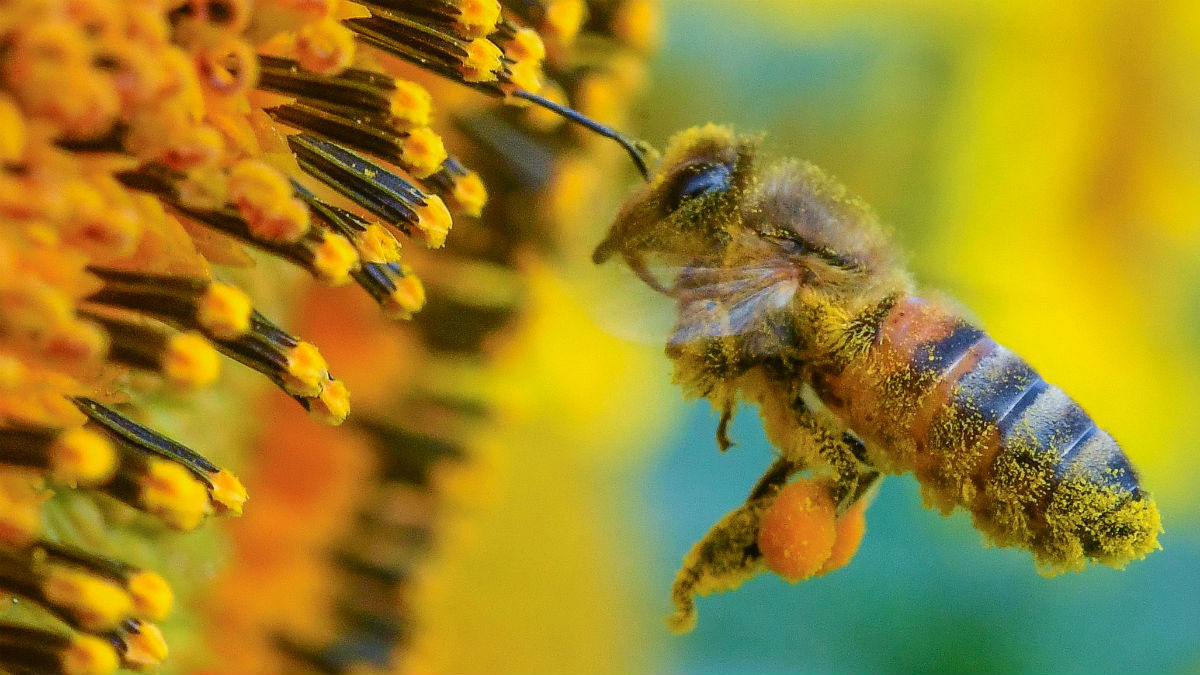
A free daily email with the biggest news stories of the day – and the best features from TheWeek.com
You are now subscribed
Your newsletter sign-up was successful
The US government has approved the world’s first vaccine for honeybees.
The vaccine is designed to prevent fatalities from American foulbrood disease, caused by the Paenibacillus larvae bacterium, which can weaken and even destroy hives. It is hoped that it could serve as a “breakthrough in protecting honey bees”, said its manufacturer, Dalan Animal Health.
“As pollinators, bees play a critical role in many aspects of the ecosystem”, explained the BBC, but the US “has seen annual reductions in honey bee colonies since 2006”, according to the US Department of Agriculture.
The Week
Escape your echo chamber. Get the facts behind the news, plus analysis from multiple perspectives.

Sign up for The Week's Free Newsletters
From our morning news briefing to a weekly Good News Newsletter, get the best of The Week delivered directly to your inbox.
From our morning news briefing to a weekly Good News Newsletter, get the best of The Week delivered directly to your inbox.
The vaccine contains an inactive version of the bacteria and is administered by “mixing it into queen feed that’s consumed by worker bees”, said the manufacturer.
The queen “ingests it, and fragments of the vaccine are deposited in her ovaries”, the company said in a statement. “Having been exposed to the vaccine, the developing larvae have immunity as they hatch.”
“In a perfect scenario, the queens could be fed a cocktail within a queen candy – the soft, pasty sugar that queen bees eat while in transit,” Keith Delaplane, an entomologist at the University of Georgia who worked on the vaccine, told The Guardian. “Queen breeders could advertise ‘fully vaccinated queens’.”
“This is an exciting step forward for beekeepers, as we rely on antibiotic treatment that has limited effectiveness and requires lots of time and energy to apply to our hives,” Trevor Tauzer, from the California State Beekeepers Association, told Axios.
A free daily email with the biggest news stories of the day – and the best features from TheWeek.com
Another expert though was more cautious. “They have shown a proof-of-concept,” Ramesh Sagili, a professor of apiculture at Oregon State University who was not affiliated with the study, told Popular Science.
However, he noted that the study was conducted in an isolated, lab-controlled setting and this type of technology has suffered from a lack of success when tested in the field.
Chas Newkey-Burden has been part of The Week Digital team for more than a decade and a journalist for 25 years, starting out on the irreverent football weekly 90 Minutes, before moving to lifestyle magazines Loaded and Attitude. He was a columnist for The Big Issue and landed a world exclusive with David Beckham that became the weekly magazine’s bestselling issue. He now writes regularly for The Guardian, The Telegraph, The Independent, Metro, FourFourTwo and the i new site. He is also the author of a number of non-fiction books.
-
 Why are election experts taking Trump’s midterm threats seriously?
Why are election experts taking Trump’s midterm threats seriously?IN THE SPOTLIGHT As the president muses about polling place deployments and a centralized electoral system aimed at one-party control, lawmakers are taking this administration at its word
-
 ‘Restaurateurs have become millionaires’
‘Restaurateurs have become millionaires’Instant Opinion Opinion, comment and editorials of the day
-
 Earth is rapidly approaching a ‘hothouse’ trajectory of warming
Earth is rapidly approaching a ‘hothouse’ trajectory of warmingThe explainer It may become impossible to fix
-
 ‘Fiercer punishment is no solution to drug use’
‘Fiercer punishment is no solution to drug use’Instant Opinion Your digest of analysis from the British and international press
-
 ‘Britain and Kenya must find and punish the still living perpetrators of crimes’
‘Britain and Kenya must find and punish the still living perpetrators of crimes’Instant Opinion Your digest of analysis from the British and international press
-
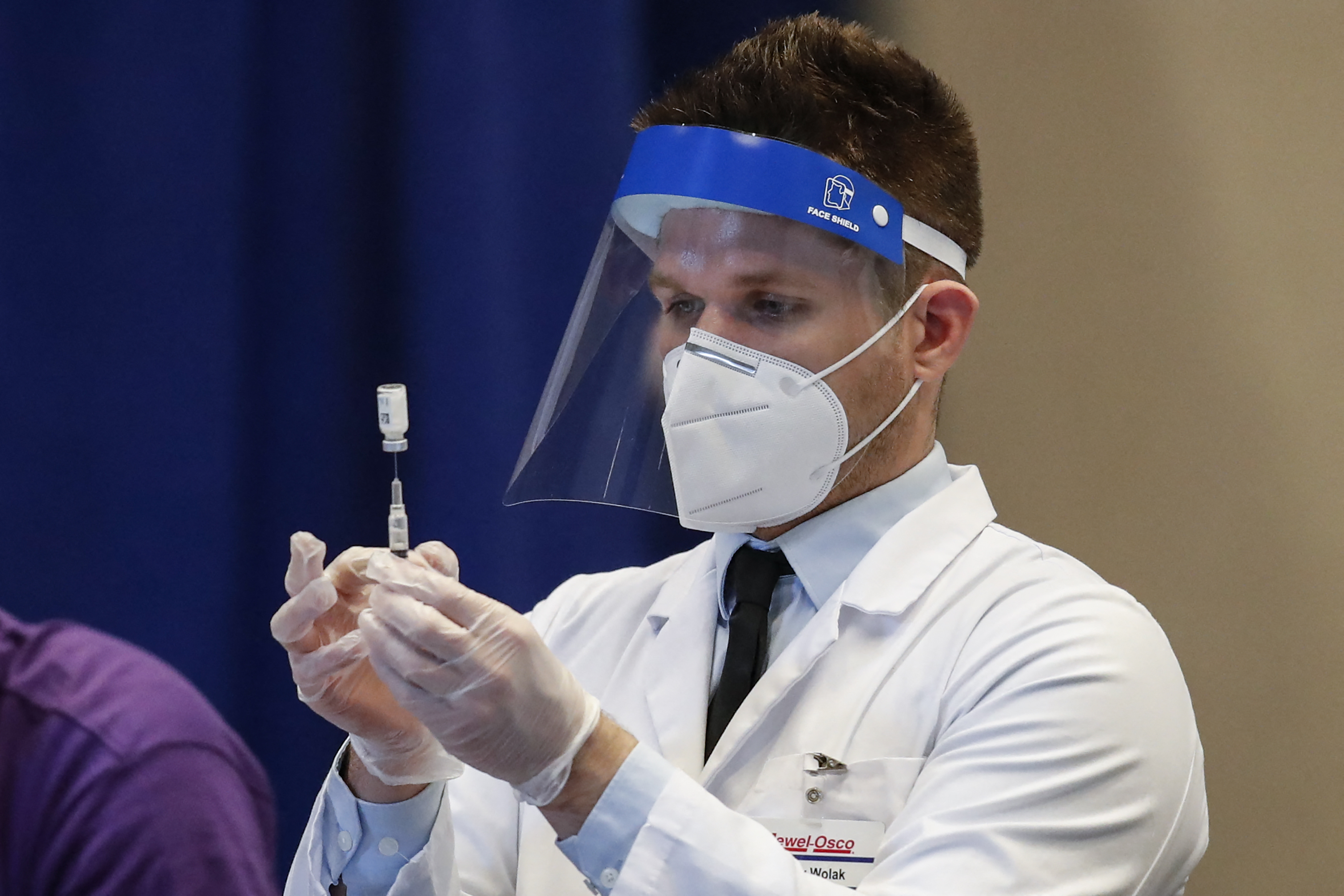 10 things you need to know today: October 21, 2021
10 things you need to know today: October 21, 2021Daily Briefing The FDA OKs Moderna, J&J boosters and mix-and-match vaccines, Nikolas Cruz pleads guilty to Parkland school massacre, and more
-
 Woman discovers gynaecologist is her father
Woman discovers gynaecologist is her fatherfeature And other stories from the stranger side of life
-
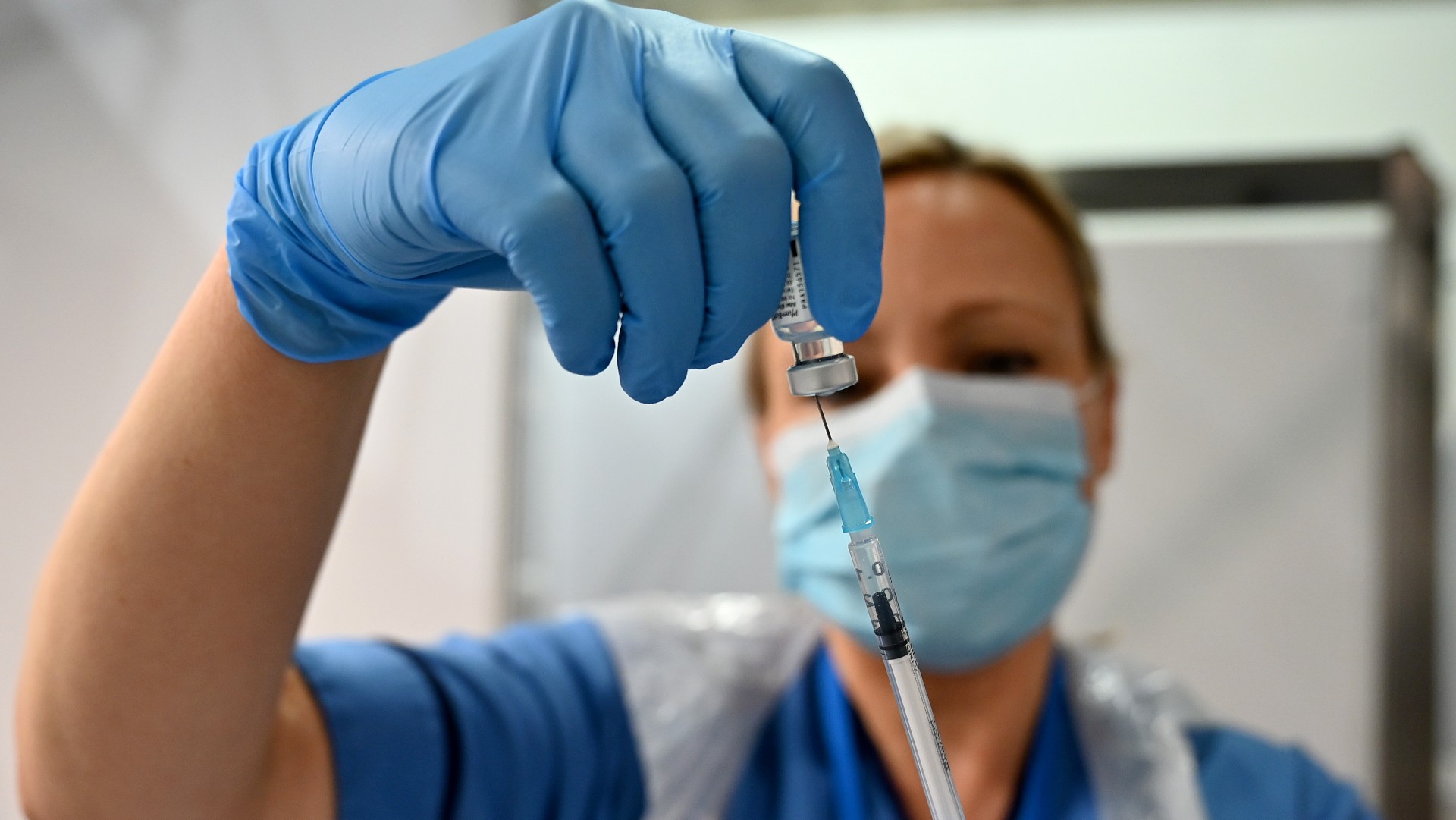 ‘Booster jabs are like handing out extra lifejackets to people who already have lifejackets’
‘Booster jabs are like handing out extra lifejackets to people who already have lifejackets’Instant Opinion Your digest of analysis and commentary from the British and international press
-
 ‘The fight against far-right extremism doesn’t start with classics written in a past society’
‘The fight against far-right extremism doesn’t start with classics written in a past society’Instant Opinion Your digest of analysis and commentary from the British and international press
-
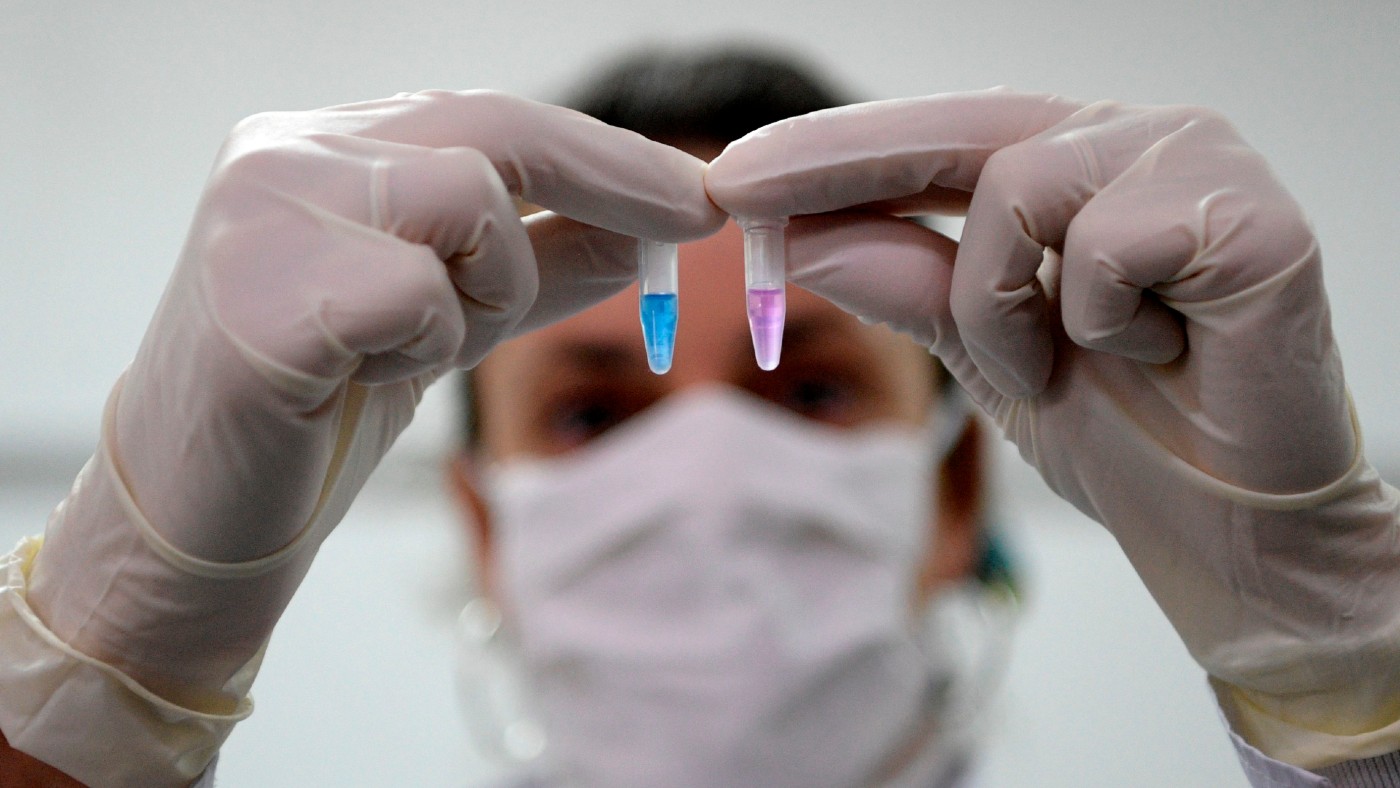 The Week Unwrapped: Germany’s left turn, glass shortages and a gaming ban
The Week Unwrapped: Germany’s left turn, glass shortages and a gaming banpodcast Are German voters turning away from Angela Merkel and the centre-right? What’s really causing an NHS test tube shortage? And why is China banning games on school nights?
-
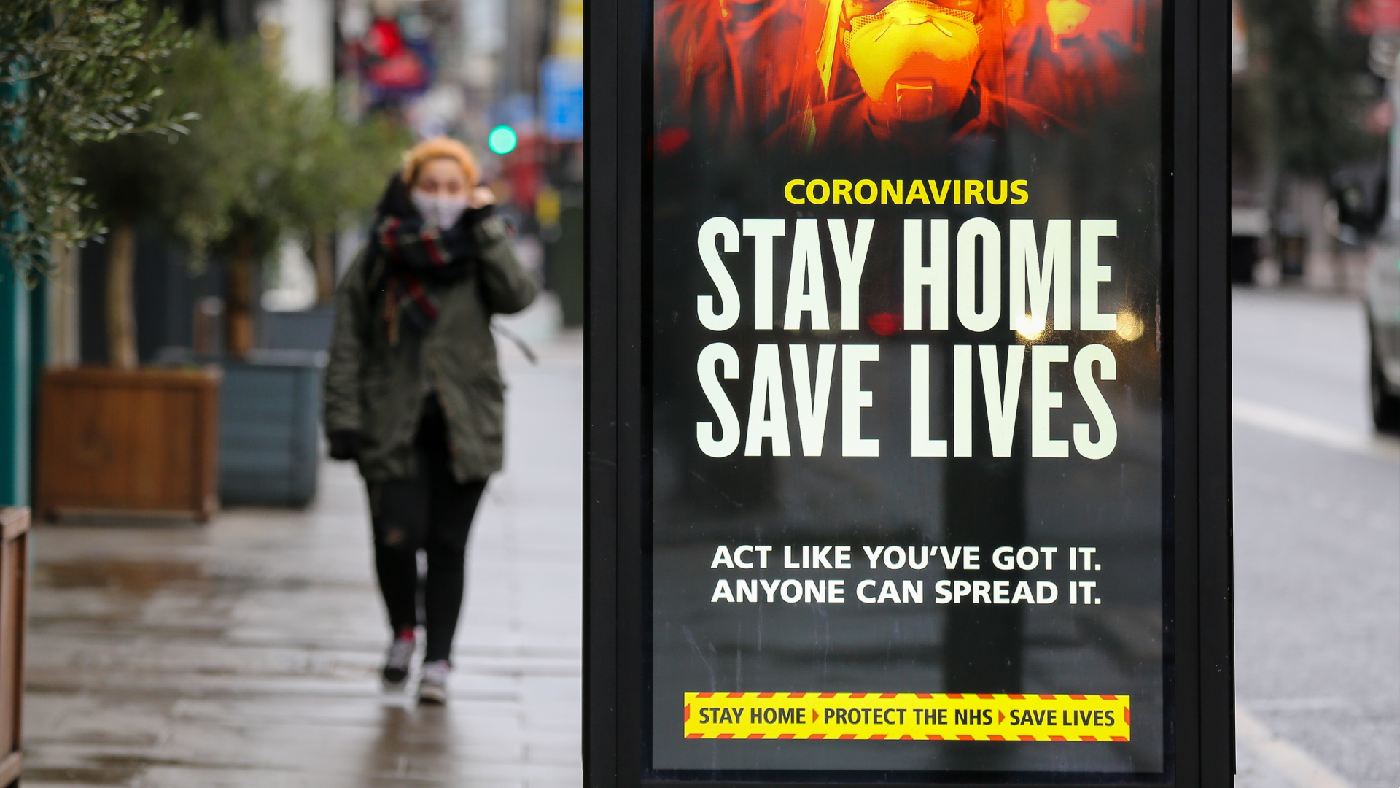 ‘Maybe vaccines will do the trick but a credible Plan B would be reassuring’
‘Maybe vaccines will do the trick but a credible Plan B would be reassuring’Instant Opinion Your digest of analysis and commentary from the British and international press